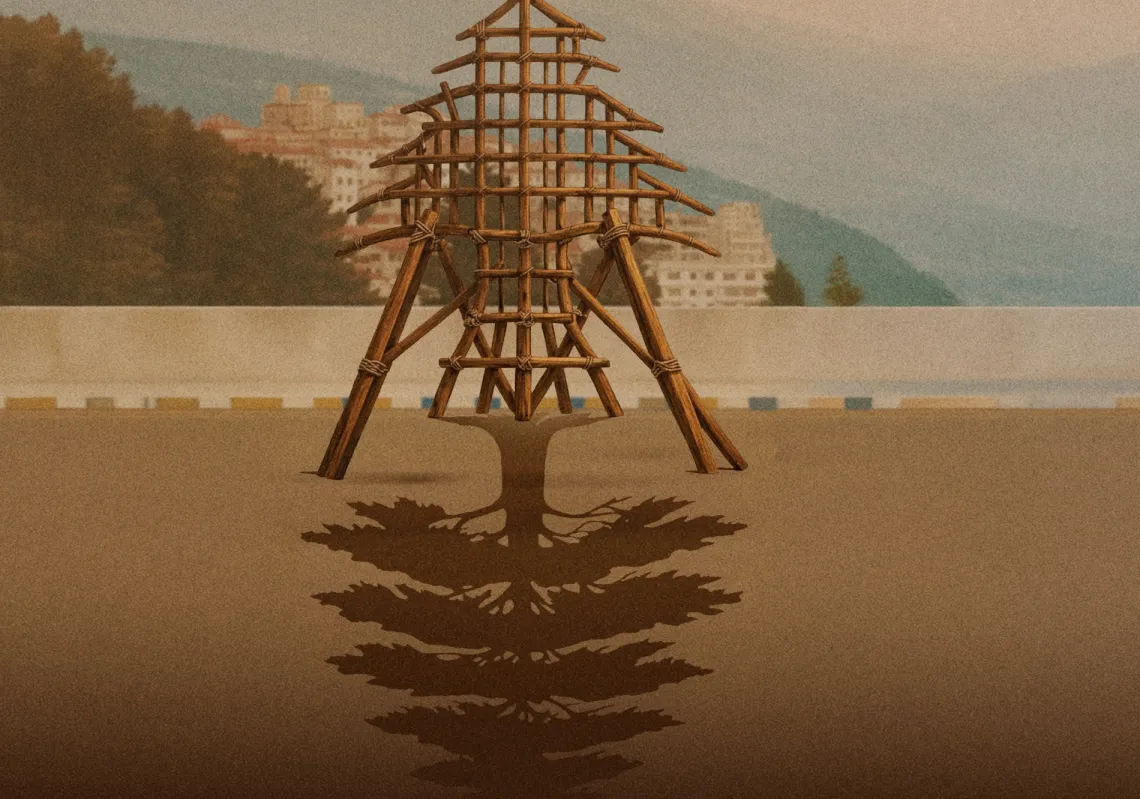As the US prepares to send another troop surge to Afghanistan, hinting that a military solution stands to offer Afghanistan stability, Kai Eide has voiced a dissenting opinion. The departing UN Envoy to Afghanistan has spent the last months of his tenure underscoring the necessity of negotiating with the Taliban. More than that, the foremost proponent of a political solution to the conflict has until recently been part of an informal negotiation with members of the Taliban.
However, the credibility of the Norwegian UN envoy has been tainted by various controversies. The two-year position he undertook stood out, not for a rise in stability, but for increased bloodshed. More importantly, however, was the extent to which fraud plagued Afghanistan’s recent presidential elections and greatly undermined the legitimacy of the Afghan government—a turn of events that effectively undermines a political solution.
So serious is the impact of this loss in legitimacy that it drove Eide’s former deputy, the American diplomat Peter Galbraith, to accuse Kai Eide of turning a blind eye to the fraudulent practices that allowed for President Hamid Karzai’s re-election. These accusations, which later led to the dismissal of Peter Galbraith, have not done much in favor of promoting Mr. Eide’s credibility in the eyes of Afghans nor in the eyes of the international community.
Despite the controversy, Kai Eide’s experience in the country and his contacts with the Afghan government and the Taliban make him well-placed to provide an expert opinion on realistic options for the country. Far from arguing that a political solution is the only solution, Mr. Eide has profited from the attention accompanying his departure from Afghanistan to send the message that military efforts should be balanced by political efforts. Otherwise, Mr. Eide told The New York Times, “if negative trends are not reversed, there is little that could restore peace in the country.” But perhaps the lesson that he most highlighted was that “military operations against insurgents needed to be weighed in a manner that did not impede efforts to negotiate a peaceful solution with them.”
As a recent interview between Mr. Eide and the BBC demonstrated, his message to the international community fell on deaf ears. Having been in contact with members of the Taliban since January of 2009, Mr. Eide was critical of the rupture in communication that occurred with the Taliban following the recent arrests of some of their top members by joint US-Pakistani forces. Not only did he denounce the impact of the arrests, he also strongly denounced the supposed intentions of the arrests.
Arguing that Pakistan was probably aware that negotiations had been taking place with the Taliban, Mr. Eide accused Pakistan of attempting to derail a political solution that the Pakistani government was not leading. Although these allegations have been refuted by the Pakistani government, the blame game that has been taking place highlights the importance of political cooperation in the conflict—although perhaps not exactly the kind Mr. Eide has proposed.
The conflict in Afghanistan, as Mr. Eide’s tenure has shown, endures not only because the Taliban refuses to sever ties with Al-Qaeda. The geopolitical aspects of the conflict require political cooperation but not just between the Taliban and the Afghan government. Rather, serious cooperation is necessary between the UN, the US, Afghanistan and Pakistan if they are to avoid scenarios like this one—scenarios where they are all left questioning each other’s intentions and which greatly undermine the trust-building mechanisms necessary for cooperation in the first place.
As the UN envoy to Afghanistan, however, much of the responsibility for coordinating should have fallen on Mr. Eide’s lap. While he cannot be held wholly responsible for electoral fraud, the position of the UN as a mediating party was not satisfactorily fulfilled, and Mr. Eide’s successors should be better prepared for negotiating differing interests between the parties at hand.
If the incumbent envoy to Afghanistan does continue in Mr. Eide’s path by calling for negotiations, he or she must be able to coordinate these plans with the other policies that have been put into place to weaken the Taliban. Apart from the military aspect of these policies, there have also been efforts to demobilize Taliban members by offering the fighters security and employment. These are efforts that should be integrated in a more robust plan for dealing with the Taliban politically. More importantly will be the necessity of securing a formal level of negotiations so as to avoid any accusations that the people discussing on the behalf of the Quetta Shura are not entitled to do so.
Eide has described the year 2010 as the most challenging for the international community’s efforts in Afghanistan since the US-led invasion. However, it would be an understatement to argue that previous years were not difficult. On the contrary, the years of Mr. Eide’s tenure were undoubtedly challenging, despite his lengthy experience in conflict-ridden countries.
Kai Eide, 60, previously served as the Special Envoy of the United Nations Secretary-General in Kosovo in 2005 and as Special Representative of the Secretary-General in Bosnia and Herzegovina from 1997 to 1998. Prior to that he was the Norwegian ambassador to NATO from 2002 to 2006, and the OSCE from 1998 to 2002. Despite his experience, many have been critical of his methods in Afghanistan, suggesting that he valued building his relationships with the warring parties more than he valued the rule of law. So great was the impact on Afghanistan that the International Crisis Group called for his resignation.
Mr. Eide however has confirmed that he is not resigning his post as Envoy. Instead, he is keeping his promise to his family that he would only stay in Kabul for two years. Yet why Mr. Eide is leaving is less important than who will replace him and how he or she will respond to the impact of Eide’s tenure on Afghanistan.







